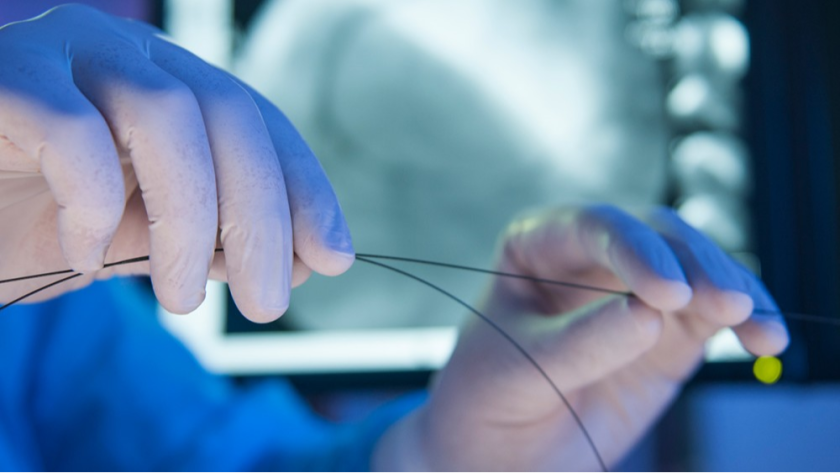The importance of interventional radiology in diagnosing heart diseases

Interventional radiology is a huge breakthrough in the field of diagnostic radiology, which allowed the detection of many different diseases within the body’s systems without exposure to any surgical intervention or any complications, and highlights the role of interventional radiology in detecting diseases related to liver tumours, bile ducts, clots, strokes, and heart diseases.
Despite the great role that interventional radiology plays in diagnosing various diseases and conditions by detecting many devices inside the body, this role has developed significantly over time, as it has turned from being a diagnostic tool to being a means of treatment without the need for surgical intervention.
Interventional radiology and cardiac patients:
The advanced methods of scanning in interventional radiology provide the possibility for the interventional radiologist to be able to carry out any examination safely, and the control of these procedures reduces any side effects and makes the success rates reach 100% because the interventional radiology does not require making any surgical incisions and depends More on the covers of small arteries or through small openings on the skin not exceeding 2 mm,
Since the interventional radiology does not require surgical intervention, therefore the patient does not need general anaesthesia, and therefore the patient cannot be exposed to any possible complications as a result of general anaesthesia, which ensures that all procedures are performed without pain and in a faster time, and the specialist relies on just local anaesthesia.
All these advantages have contributed to the fact that interventional radiology is a diagnostic and treatment method with a shorter recovery period and a faster recovery period, which makes interventional radiology a more practical diagnostic tool.
Concerning heart diseases, interventional radiology has contributed to coronary angiography, insertion of coronary stents, heart valve repair, balloon expansion, coronary interventions, pacemaker implantation, and electrocardiography study.
Interventional radiology also contributes to detecting any congenital heart defects or complications after surgery,
in addition to offering alternative treatments to prevent blood clotting in patients with atrial fibrillation.